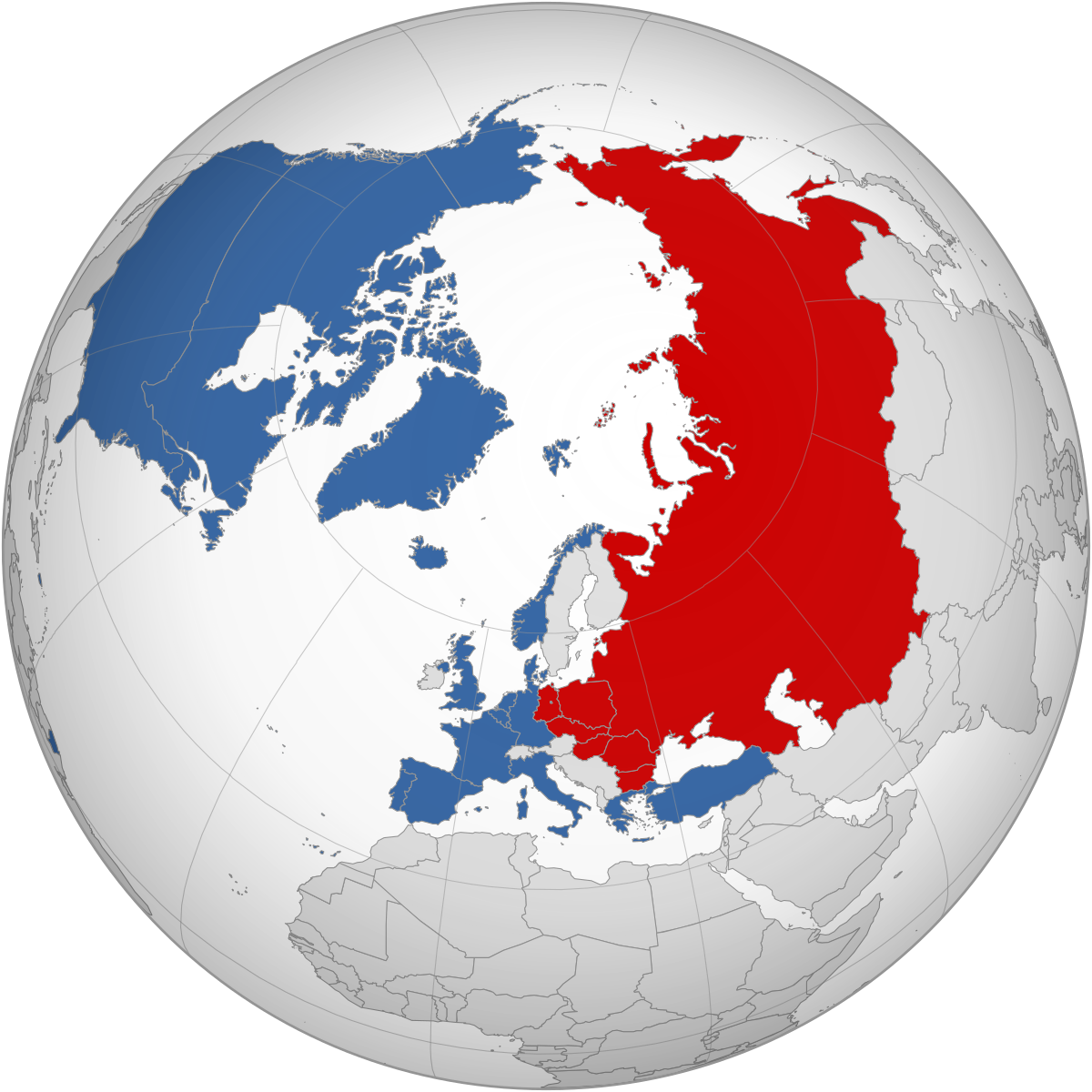@entropy_
"The same day as Hoover’s visit, the administration’s foremost expert on Japan also urged Truman to reconsider the terms for surrender.
Joseph Grew, the undersecretary of state, had been the ambassador in Tokyo for a decade before being expelled after Pearl Harbor. A conservative Republican appointed to his post in Japan by Hoover, he was a starchy Bostonian with aquiline eyebrows and a trimmed mustache.[89] Unlike the neophyte Truman, he had stridden the streets of the cities being firebombed and mingled with the Japanese leadership. “Japan has needed no Hitler,” he once wrote. “Her militarists are an oligarchy of Hitlers.”[90] He had chatted about good golfing spots with Emperor Hirohito, who, clad in his military uniform, had a singsong voice and a pleasant smile.[91] Grew was convinced that the emperor had been a peaceful influence over his belligerent government.[92]
Grew told Truman that the biggest obstacle to Japanese surrender was their fear that the monarchy would be destroyed. If the Japanese could not salvage the fundamentals of their political structure, this “fanatical people” might fight to the last man. After the war, the emperor could help legitimize a new leadership, although Grew was convinced that “the best that we can hope for in Japan is the development of a constitutional monarchy, experience having shown that democracy in Japan would never work.”[93] According to Grew’s account of the meeting, Truman encouragingly said that he had been thinking along the same lines.[94]
The president instructed him to press his case with Stimson, Marshall, and other senior military chiefs.[95]
After a briefing in the White House projection room from the navy secretary, Truman noted, “Apparently a very detailed plan worked out with idea of invasion of Japan.”[96] Despite that terrifying prospect, Truman trusted his fortune. “Luck always seems to be with me in games of chance and in politics,” he wrote in his diary. “No one was ever luckier than I’ve been since becoming the Chief Executive and Commander in Chief. Things have gone so well that I can’t understand it—except to attribute it to God. He guides me, I think.”[97]
[...]
Soon before the Allies assembled in Potsdam, Togo [Shigenori, ponownie MSZ Japonii], got an important boost from Hirohito himself. On June 22, the emperor joined with his government’s top leaders in a formal meeting known as an imperial conference, the most important kind of Japanese government conclave.
In an unprecedented intervention by the emperor, who had for years stood behind the war effort, he pressed them for a plan to end the war—marking the start of his direct efforts to halt the fighting. [68] Hirohito prodded his dilatory ministers to send an envoy to Moscow, hoping that the Soviet Union would intercede on Japan’s behalf. Even the hard-liners agreed to seek Soviet mediation before a final battle to defend the homeland. [69]
The costs of delay had been unbearably high: as a Japanese historian reckons, the last year of stalemate meant the deaths of 1.5 million Japanese, some fifty thousand Americans, and vastly more Asians in Japan’s empire.[70] Although lives were lost every hour, it took weeks of internal jockeying before Togo secretly sent the Soviets a letter directly from Hirohito with a peace overture.[71] Since U.S. intelligence had long ago cracked the Japanese code, Truman and senior U.S. officials in Potsdam promptly found out.[72]
Togo hoped that the Soviet Union, not yet at war with Japan, might mediate peace on less stringent terms.[73] In his appeal, Hirohito announced his “heart’s desire to see the swift termination of the war.” He proposed sending Prince Konoe Fumimaro, a prominent former prime minister who had recently warned him that the war was lost, as a special envoy to the Soviet Union.[74] Yet “as long as America and England insist on unconditional surrender, our country has no alternative but to see it through in an all-out effort for the sake of survival and the honor of the homeland.”[75]
This was delusionary. Without being offered particulars which approximated unconditional surrender, the Allies were unlikely to relent. Anyway, relying on Stalin’s tender mercies was fruitless, as some Japanese officials understood with painful clarity. There was no real chance that the Soviet tyrant would snub his advancing American and British allies—who had already secretly promised at Yalta to let the Soviets gnaw on the bones of Japan’s empire—to mediate a more tolerable peace on Japan’s behalf.[76]"








